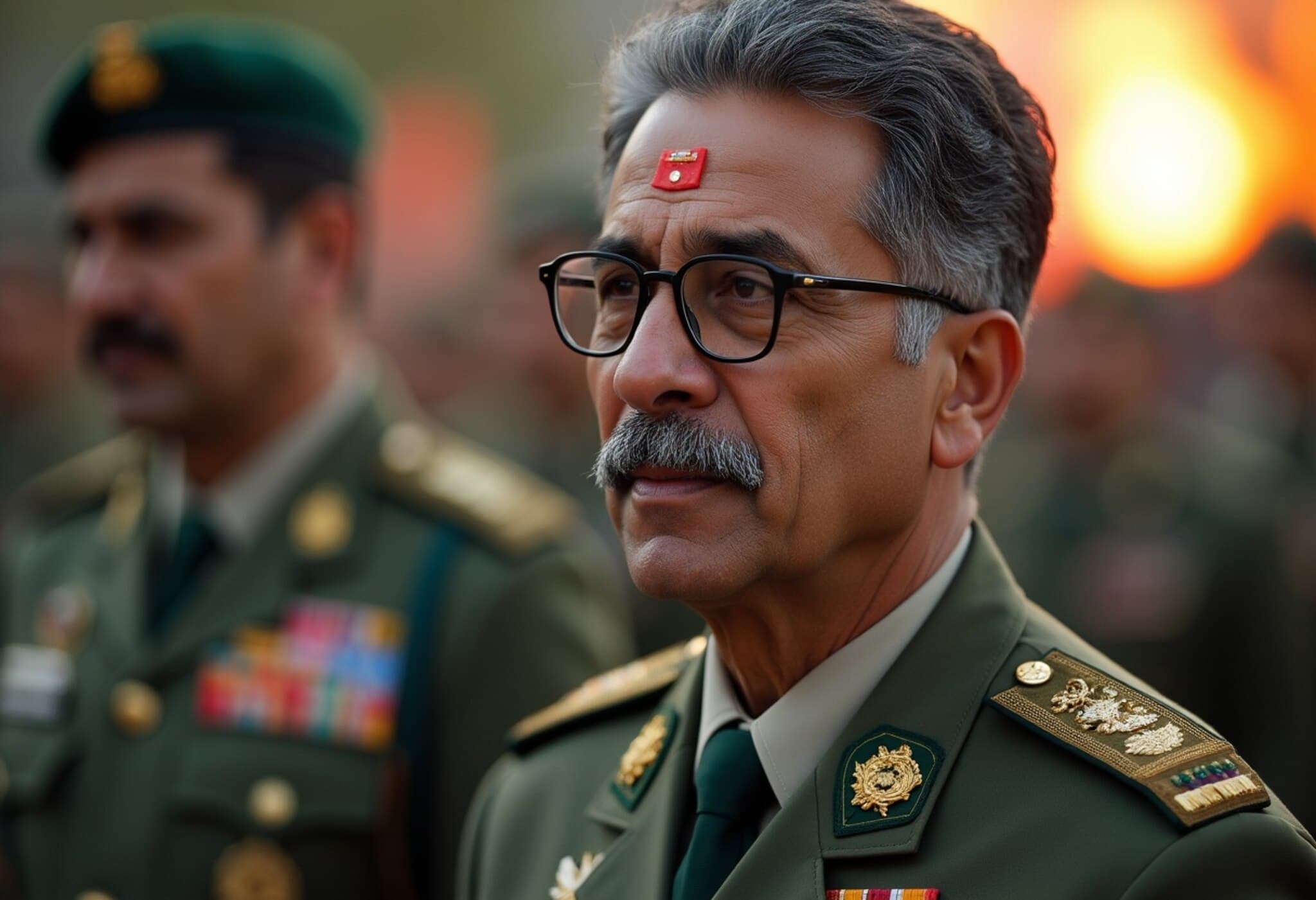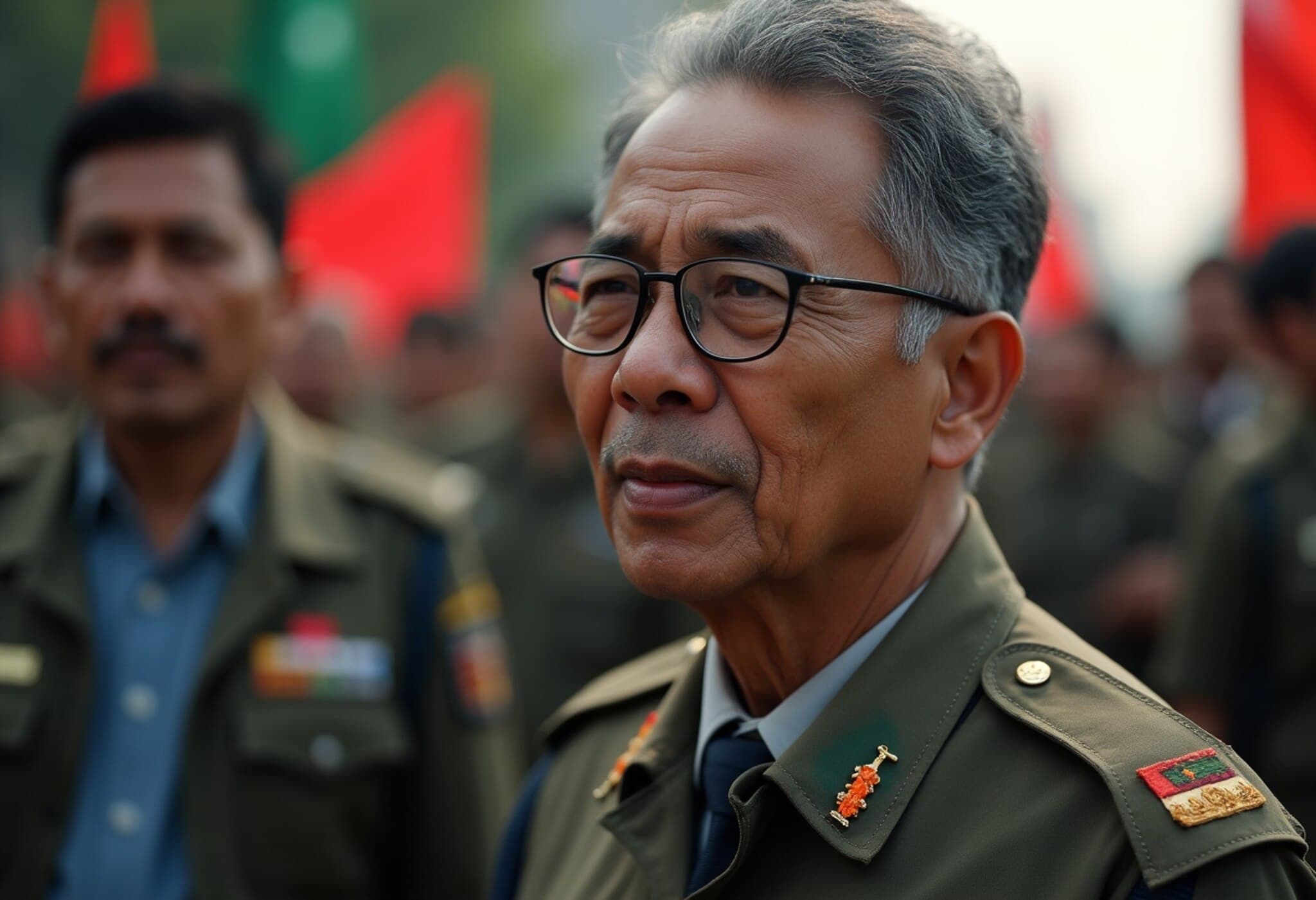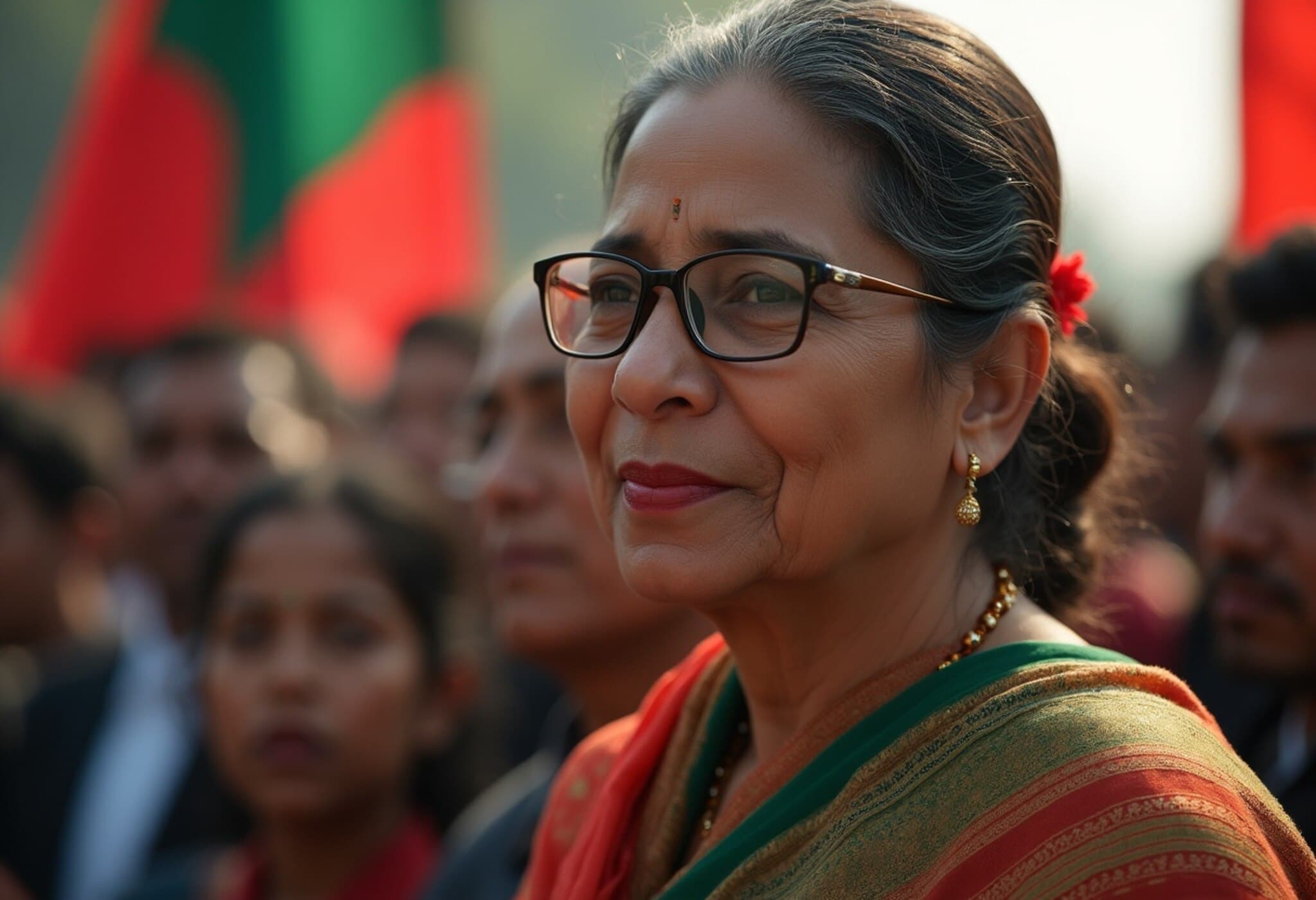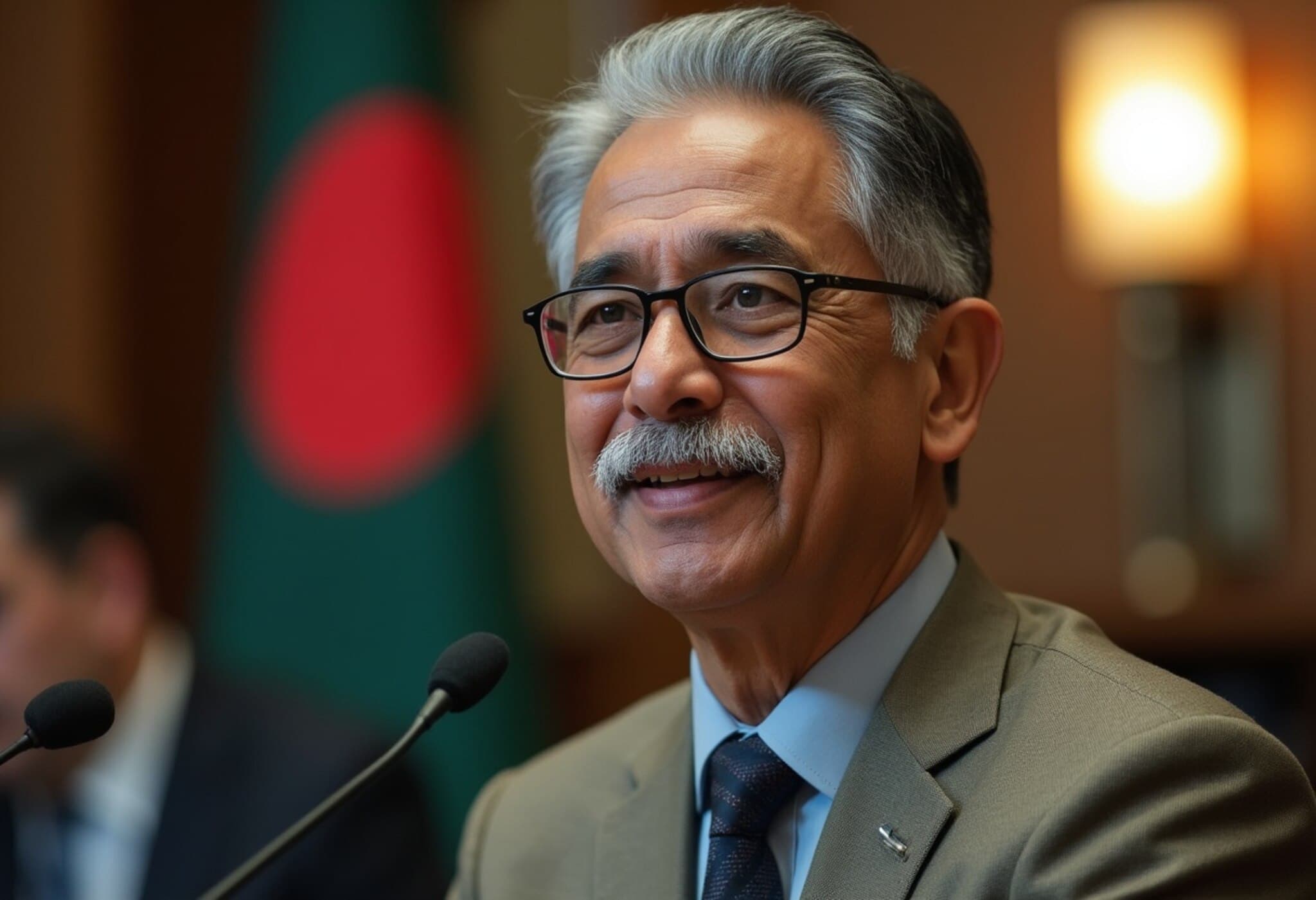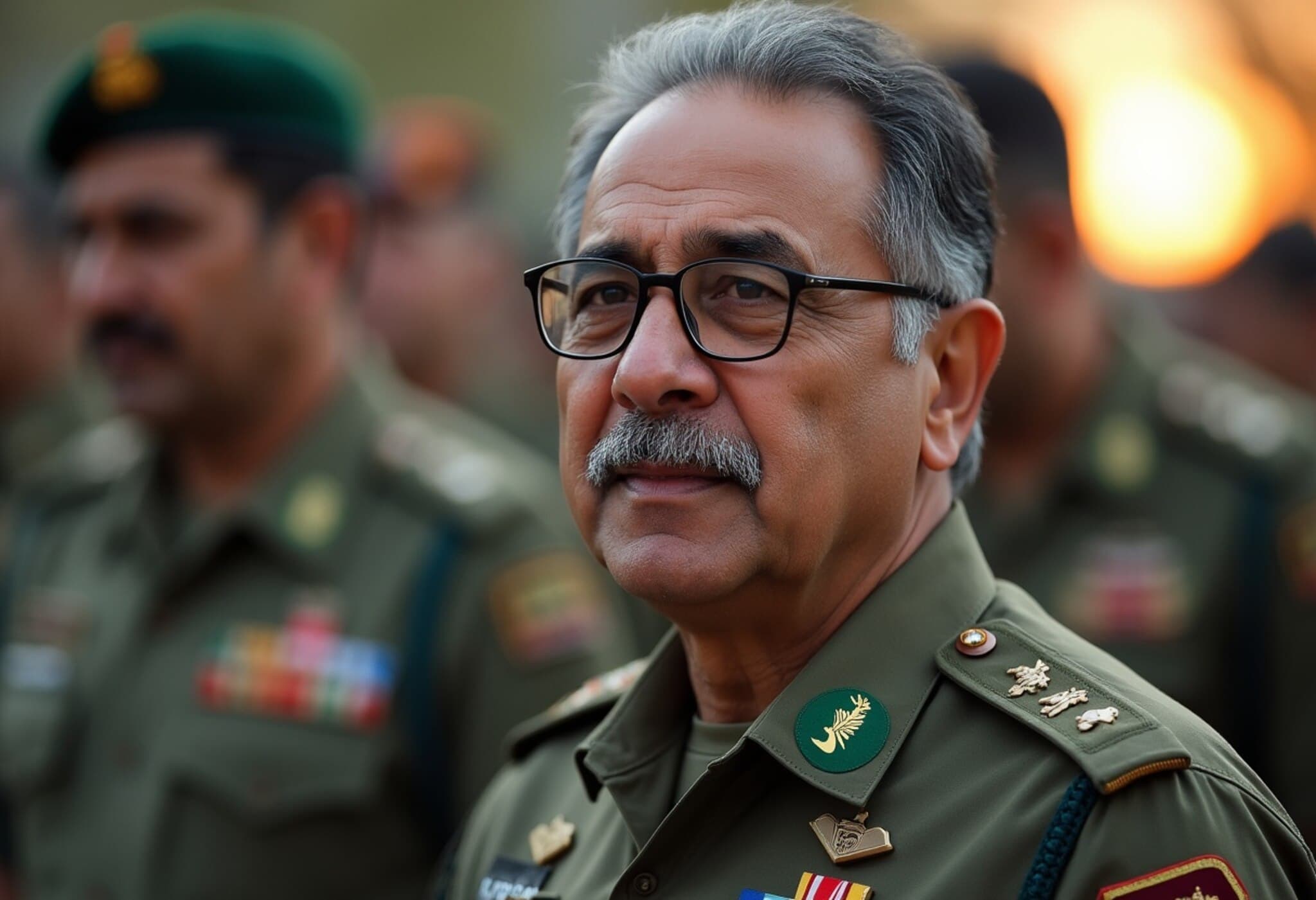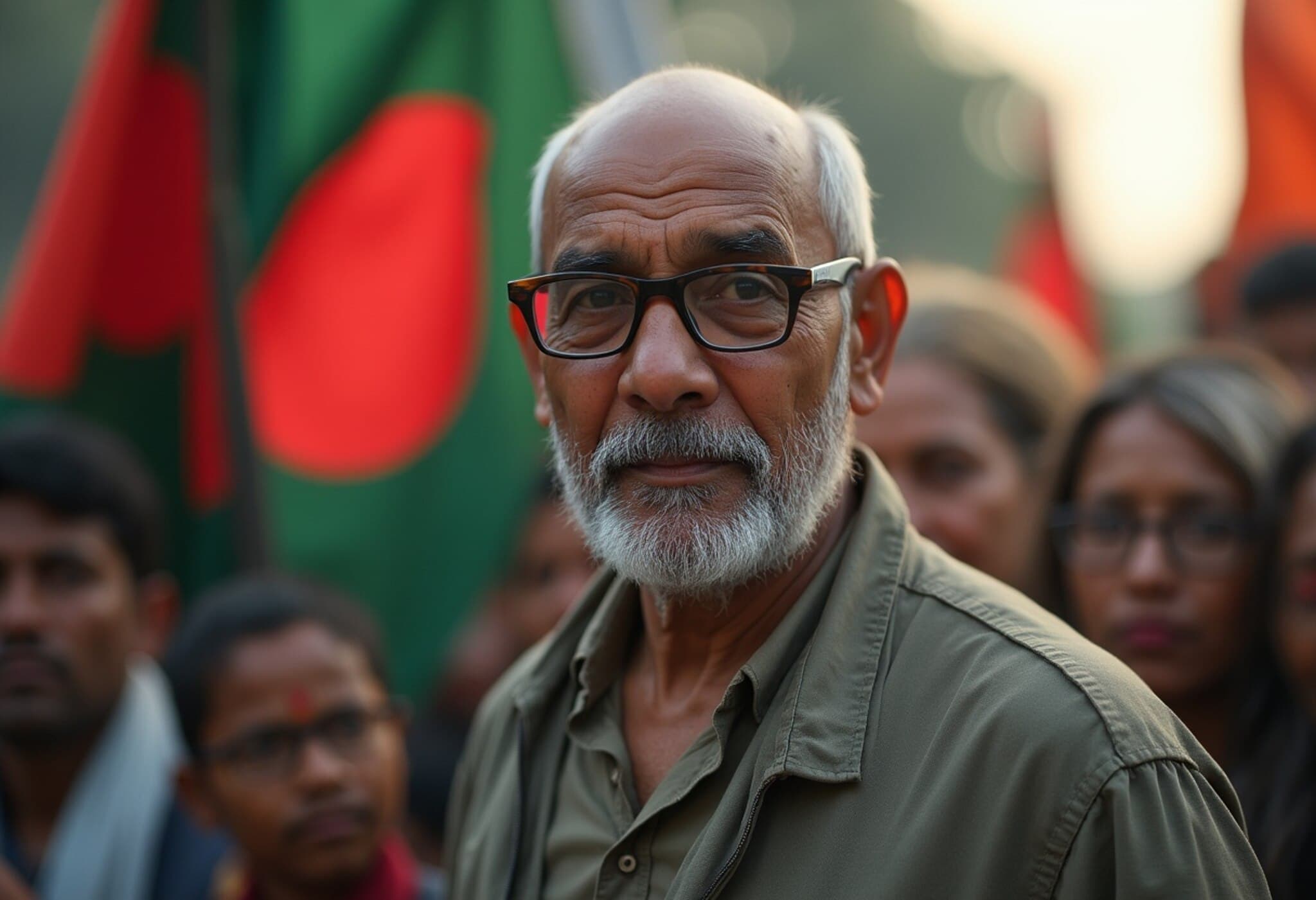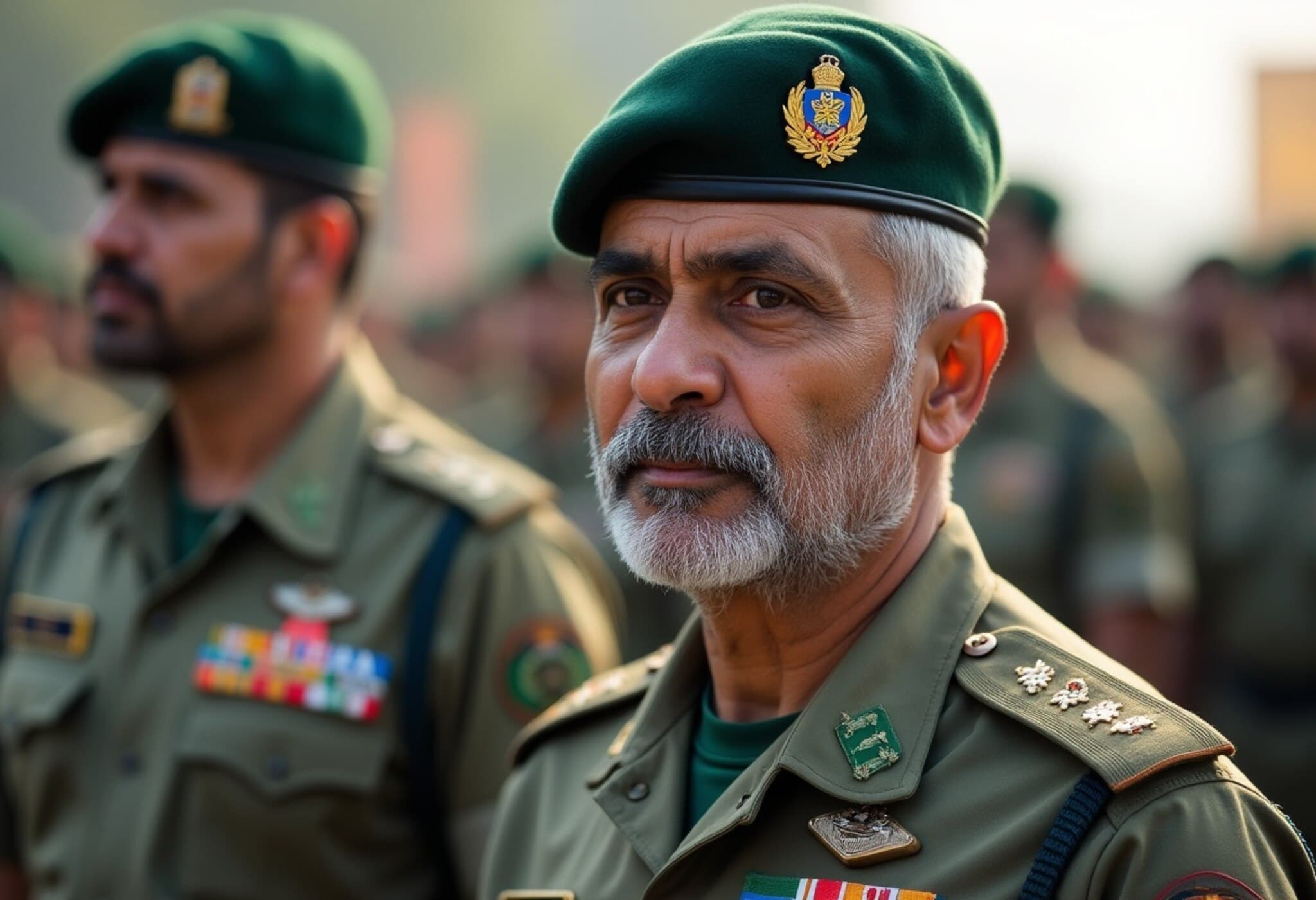Pakistani Military Leader Delivers Controversial Nuclear Threat on U.S. Soil
In a bold and alarming statement made on American soil, Pakistan's military chief, General Munir, publicly threatened to destroy any Indian infrastructure that could impede Pakistan’s water supply. Speaking at an event in Tampa, Florida, Munir declared that Pakistan, as a nuclear power, would be prepared to take “half the world down with us” if faced with an existential threat. These remarks come amid a complex backdrop of evolving U.S.-Pakistan relations and recent border tensions with India.
A Nuclear Warning Backed by Historic Diplomacy
General Munir’s statements stand out particularly given his recent interactions with top U.S. officials, including a June luncheon at the White House where he met with then-President Donald Trump. During that meeting, Munir publicly applauded Trump’s peace efforts, even recommending him for the Nobel Prize — endorsements he reiterated at the Florida event alongside his stark nuclear warnings.
Munir is known for blending religious and military rhetoric, and at the Tampa gathering he emphasized Pakistan’s right to its share of the Indus River waters, asserting, “The Indus river is not the Indians’ family property.” He vowed to retaliate with force should India construct dams he perceives as harmful, claiming, “We have no shortage of missiles, Alhumdulillah.”
Context of Rising Regional Tensions
This confrontation comes amid heightened India-Pakistan tensions following violent incidents along their disputed border. Officials in Pakistan have framed such conflicts as defending national sovereignty, often invoking religious legitimacy. Munir’s comments echo this narrative, referencing recent clashes and attributing them to violations by Indian forces.
Notably, Pakistani media and some analysts have openly praised Munir’s approach, with some social media users expressing pride that a Pakistani field marshal would deliver such a blunt nuclear message directly to Central Command (CENTCOM) leaders while on U.S. soil.
Strengthened U.S.-Pakistan Military Relations
General Munir’s visit coincided with the retirement of U.S. CENTCOM Commander General Michael Kurilla, who was awarded Pakistan’s prestigious Nishan-e-Imtiaz. This honored Kurilla for reinvigorating U.S. focus on Pakistan after nearly two decades of strained relations.
During his visit, Munir also met with Kurilla’s successor Admiral Brad Cooper and Chairman of the Joint Chiefs General Dan Caine, reflecting a renewed military-to-military engagement. These diplomatic gestures may have emboldened Munir to make these provocative statements, signaling evolving dynamics in the U.S.-Pakistan partnership.
Geopolitical Implications and Expert Analysis
Experts emphasize the dangerous implications of Munir’s public nuclear threats. Such rhetoric risks escalating tensions in a region already burdened by historic conflicts over Kashmir and water rights. Water security remains a critical point of contention between India and Pakistan, with dams and river management a frequent flashpoint.
Moreover, Munir’s statement that Pakistan would “take half the world down with us” if it perceived an existential threat underscores anxieties surrounding nuclear deterrence in South Asia. Analysts caution that while Pakistan’s nuclear arsenal serves as a deterrent, public threats can exacerbate mistrust and complicate U.S. diplomacy aimed at regional stability.
Unfolding Narratives: Underreported Dimensions
- Religious Rhetoric: Munir’s appeal to religious sentiments highlights how faith and nationalism intertwine in Pakistan’s military ethos—an aspect often overlooked in mainstream coverage.
- Domestic Politics: This aggressive posture could also be interpreted as emblematic of Pakistan’s internal politics, where the military asserts dominance amid civil governance challenges.
- U.S. Policy Challenges: The U.S. faces a delicate balancing act in engaging Pakistan militarily while condemning provocative rhetoric that could destabilize the region.
Looking Ahead: What This Means for South Asia and Beyond
As Pakistan publicly flexes its nuclear posture and stridently articulates grievances against India on U.S. soil, it raises profound questions about the future of peace efforts in South Asia. The international community, particularly the United States, must navigate these tensions with nuanced diplomacy, emphasizing conflict resolution and water-sharing frameworks that could defuse crises before they spiral further.
Editor’s Note
The dramatic nuclear warnings delivered by General Munir in Florida illustrate a complex intersection of military bravado, religious-nationalist zeal, and evolving international relations. While such rhetoric signals strength to domestic and regional audiences, it also reignites fears of escalation in one of the world's most volatile nuclear flashpoints. Observers should watch closely how the U.S. responds—not just to the threats themselves—but to the underlying fissures in Indo-Pakistani relations that make such rhetoric resonate.
Rajghatta, author of Kamala Harris: Phenomenal Woman, contributed analysis for this report.

